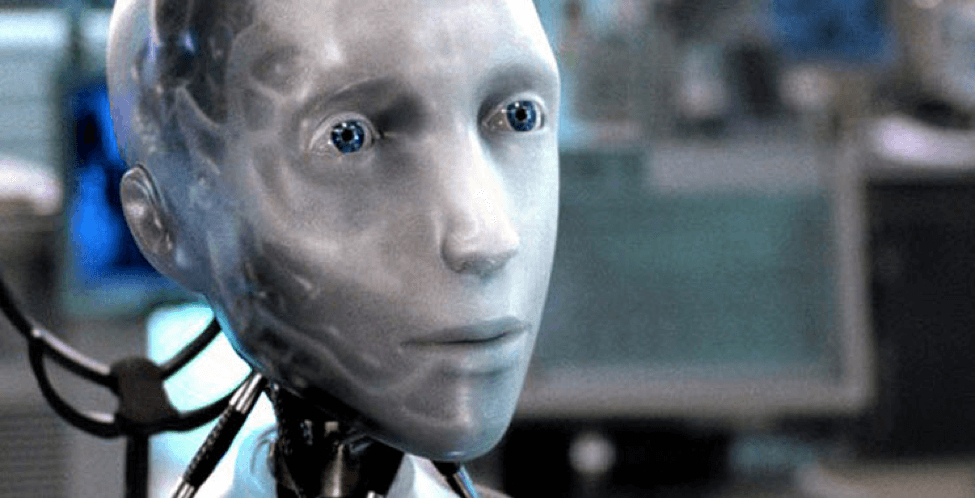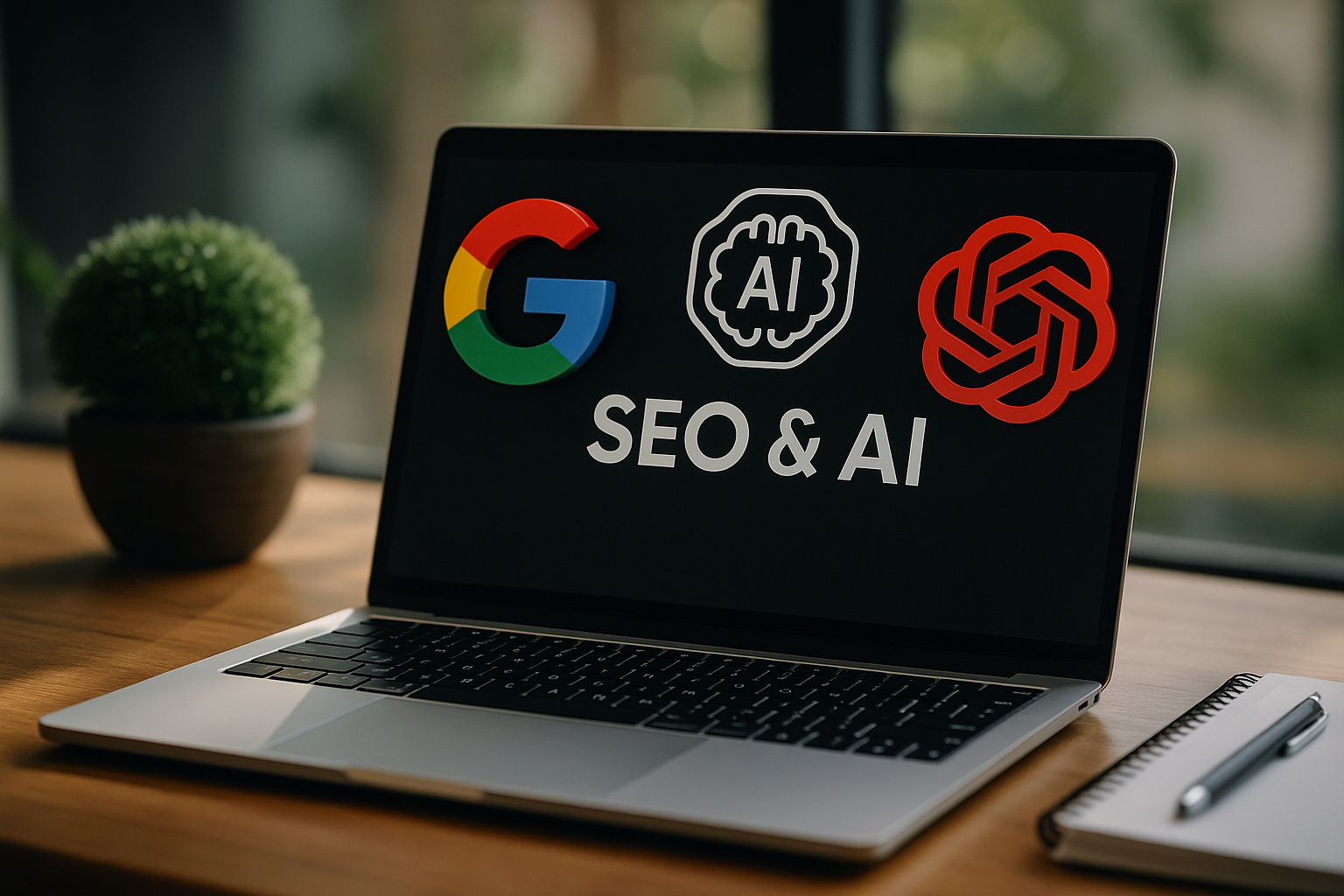“Come writers and critics
Who prophesize with your pen
And keep your eyes wide
The chance won’t come again
And don’t speak too soon
For the wheel’s still in spin.”
The Times They Are A-Changin’ – Bob Dylan, 1964
It has been over 50 years since the song was written. But it is relevant more than ever. The spinning wheels of AI are in motion.
Table of Contents
ToggleChange we don’t have to believe in (yet)
In 2015 Google introduced RankBrain, a limited artificial intelligence, into their algorithm. RankBrain determines content quality and makes the task of determining the quality of websites. It elevated the quality of content to the top of SEO ranking criteria.
Since then, RankBrain has quietly and efficiently become much better at its job.
This, of course, means that content is judged by an artificial construct inside of an artificial setting using artificial standards.
In addition to changing SEO practices, the way content is being developed is also undergoing a similar change driven by AI.
Many content agencies are experimenting with AI. The Associated Press uses artificial intelligence to write articles about earnings and corporate performance. They use the technology, known as Wordsmith, for data-heavy financial and minor league sports stories.
Whether these changes are good or not, they are happening.
The looming threat of computer-generated content makes the job of content writers more difficult.
One thing is certain: the quality of content is critically important. The job of a content writer is to create quality content. Content that will help websites achieve higher ranking with Google.
It is going to take years before a robot can create inspired content and we may even find that the task is beyond them.
It gives writers the opportunity and the need to be better at their jobs. Become more specialized, push the envelope of quality writing and discover the limitations of RankBrain.
Image Source: iRobot, YouTube
Upping the content creation ante
Because the artificial intelligence learns as it goes, the ranking criteria are constantly hang. Same factors that make one website successful at SEO do not matter for a different website.
Every time the Google Algorithm is updated, Search Engine Marketing experts model the changes and grapple with what those changes mean for SEO.
Due to the complexity of the current algorithm, those models are more often wrong than right. As RankBrain learns – it’s not even two years old, after all – the decisions will become more complex and marketers must embrace the fact that they are just guessing.
This realization isn’t a bad thing. There is enough information out to define quality SEO.
Valuable and informative content
Useful and supportive links
Strong back links.
These are – and will remain – the most important aspects of SEO.
With that, the creation of quality content that supports your product or service becomes even more important to SEM.
Merging of Social and Web Content
Search engines are not alone in using artificial intelligence and deep learning to bring their customers content hat is tailored specifically for them.
Social media sites like Facebook, LinkedIn and other niche networks have also created their own algorithms to target their customers with news and advertisements that are more likely to be of interest.
Niche marketing by definition has the advantage of relevance for its intended audience. Niche marketing relies on many of the same factors as SEO.
As the algorithms become more sophisticated, these social and search functions will become indistinguishable.
Although Google, for example, doesn’t directly use social media results in its search results. The effects that social media trends have on engagement also affect SEO.
Your Twitter feed is populated at the top of Google search results. A trending topic on Facebook can create a surge in search engine queries about the subject and search engine algorithms take those queries into account when ranking search results.
As search engines and social media functions continue to overlap, the likelihood of social media directly affecting SEO rises. For the content writers it means that social media popularity becomes one of the top content ranking criteria.
Putting it all together
All the advances in search engine complexity have made the job of content marketing more difficult.
The quality bar for blogs and articles – that are featured in websites that rank consistently high in Google and other search engine result – has been increasing.
‘Black Hat’ SEO has become less effective, more easily discovered and sidetracked. Websites that are just looking for hits without offering content are becoming less relevant.
As the job of content creation has become much more challenging, there is a growing need for specialization.
Artificial intelligence can create content in a very specific field. However, the need for quality writers with the ability to comprehend and explain topics is not going away any time soon.
The art of content writing is becoming more sophisticated driven by the changes in the search engine algorithms. It changes the way articles are crafted.
Robots will not take writers’ jobs. Instead, the market will push out sub-standard writers and force companies to seek out – and train – craftsmen capable of dealing with the nebulous demands of deep learning lurking in the back of their minds.
These AI changes, and the deliberately slow pace of implementing them, will have a net positive effect. Accessible content discovered via search engine results will increase in quality and relevance.
Artificial intelligence will become more sophisticated over time, but not in a linear fashion.
As more time passes, the complexity will increase exponentially.
It may take years before AI is as sophisticated as an average person, but only weeks to go from that point to being more intelligent than any human being.
In a sort of good news/bad news development, the moment that artificial intelligence can replace writers for quality content may be the same day that Skynet goes online and our machine overlords take over the world.
This is a guest blog by Amir Noghani
Amir is the general manager at GWM SEO Sydney. Along with holding a Master’s degree in engineering, he has been working in the field of marketing and communications for over seven years and developed rich knowledge and skills in Online Marketing and Public Relations, as well as writing journal articles and blogs.










